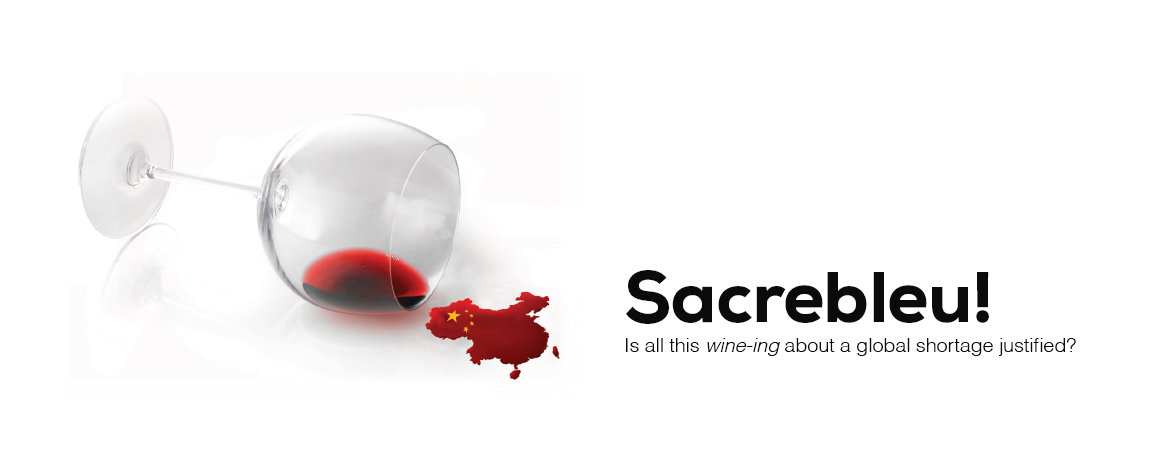
Sacrebleu!
Wine drinkers the world over were alarmed by an October report from Morgan Stanley Research that predicted an imminent global wine shortage. Even The Onion got in on the act, quoting a woman identified as Judy Salazar saying: “That’s OK. I started dealing with my problems anyway.”
But then journalists, bloggers and others began criticizing the report for misreading statistics in an attempt to promote investment in Australian wine.
So, what’s an oenophile to believe? We went straight to two Drexel LeBow economics professors who should know, for decidedly different reasons.
Anne Duchene’s research might focus on industrial organization or economics and the law, but she was born and raised in Paris, once lived in a shoebox apartment with a view of the Eiffel Tower, and her parents celebrate their daughter’s birthday with bottles of wine from 1976 – the year of her birth “and an amazing year for wine,” she says. Duchene has been drinking wine since she was 16 and prefers pinot noir and cabernet sauvignon.
Mark Stehr, on the other hand, started drinking wine after he moved to Philadelphia and “started earning a real salary.” He prefers white wines in summer and red wines in the winter, adding: “I know what I like, but I’m not an expert.” He is, though, a specialist on issues related to health and economics.
And Duchene and Stehr are in agreement: The sudden emergence of China’s upper and middle classes will strain the worldwide supply of any consumer good for which they acquire an appetite (China’s per capita consumption of wine has doubled twice in the last five years), and for which there’s a significant lead time to market (it takes at least five years for a new vineyard to yield wine sales).
“Economists tend to believe that people will always figure out ways to make more stuff,” Stehr says. But production of some goods — art, specialty parts, wine — cannot be ramped up to match the “large, sudden and unprecedented” increase in demand caused by China’s deliberate attempt to shift from an investment-based economy to one driven by consumption.
Duchene is hearing concerns from colleagues and friends at home that counterfeit French wines are being sold in China and that some of China’s newly rich are actually buying French wineries – castle, vineyard and all.
Stehr’s explanation: Just like Japan in the 1980s, China is experiencing higher real estate prices and an appreciating currency. Thirty years ago, the Japanese bought office buildings, hotels and resorts. Today, Chinese with money want to make more money and diversify and protect their holdings by locating wealth where it is more likely to be treated according to the rule of law.
On top of that, the harvest in Europe (especially France) has been poor the past five years, with 2012 coming in at record lows. The 2013 harvest showed signs of a turnaround, “so if we have a few good years in a row, wine production could catch up with consumption,” Duchene says. “That’s a problem with the wine industry: Not only is it hard to catch up with the sudden increase in demand, but it’s also completely dependent on uncontrollable things like the weather and harvests.”
The bottom line? Wine drinkers should be concerned about a possible shortage; beer drinkers have nothing to fear (beer production can be elevated overnight); fans of vintage liquors should hope the Chinese stick to wine.


